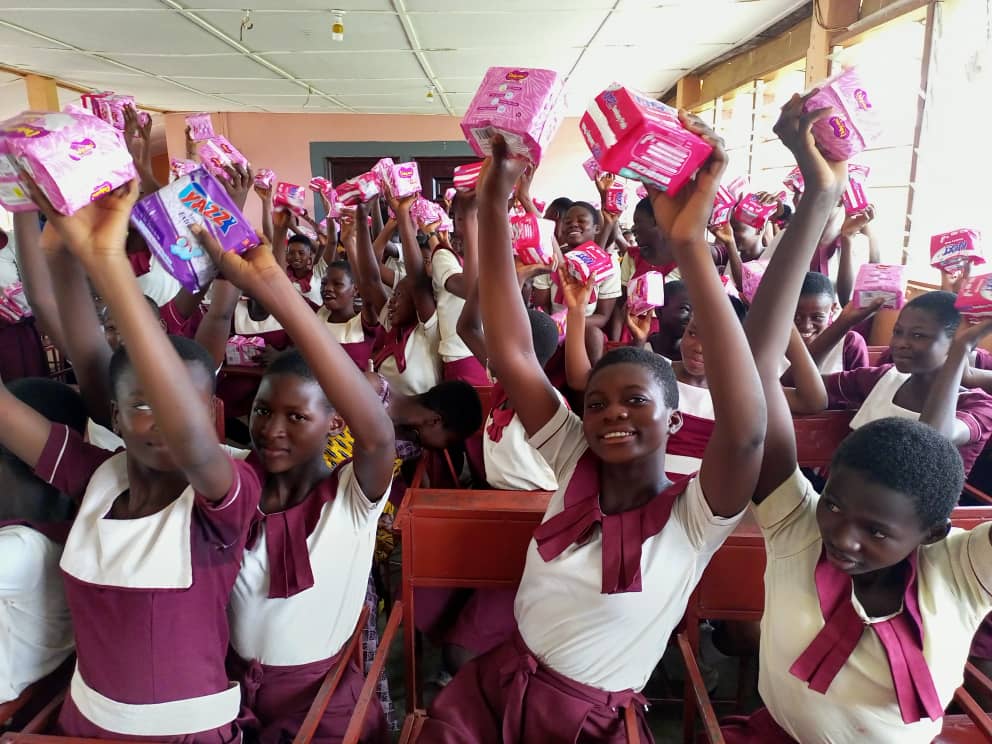While information about menstrual hygiene has significantly increased due to the efforts of non-governmental agencies, the Ghana Health Service, Ghana Education, and many other organizations, there are still significant challenges that hinder attempts to ensure proper menstrual hygiene.
Chief among these challenges is the economic situation of many families living in the Upper East Region.
Gabriel Akandawen Ananya, Project Officer at Youth Harvest Foundation Ghana (YHFG), speaking to Mark Smith on A1 Radio’s Day Break Upper East Show, explained that until the financial situation of families is addressed, girls will continue to experience poor menstrual hygiene practices.
“What we have realized is that in terms of information, it is improving. Young people and parents alike are learning what they are supposed to do. Now, the challenge is having what is needed to do what they want to do. We can’t overemphasize the factor of cost enough. It is a significant issue. I have engaged with many communities, and one of the saddest issues in my community engagement is a young girl getting pregnant because of Ghc5. What it means is that even Ghc5 is a huge amount for this young child. So, while the situation is improving, they need the resources to be able to make good use of the information they have been receiving,” he said.
Mr. Ananya expressed grave concern about the cost of sanitary products within the country and the negative consequences, particularly on the lives and future of girls in the Upper East Region.
Meanwhile, Public Health Nurse at the Bolgatanga Municipal Health Directorate, Patience Abayom, has called on parents to better cater to the needs of their children, particularly girls who have reached puberty and started menstruating.
Ms. Abayom, speaking to Mark Smith on A1 Radio’s Day Break Upper East Show on Wednesday, December 13, 2023, explained that while the Ghana Health Service, along with other stakeholders, would continue to educate young girls on menstrual hygiene, parents need to step up and take a greater role in the lives of their girls.
“We carry out our education in the various schools. From time to time, we also organize durbars to educate people. Recently, a school had a PTA meeting, and they invited the parents and invited us to come and talk to them. Unfortunately, how many of the parents came? They sent people to come and sit in. But the education was for the parents.”
Additionally, Ms. Abayom called on children to support the businesses of their parents as the proceeds from these businesses would be what goes into servicing their needs.
Source: A1Radioonline.com|101.1MHz|Mark Kwasi Ahumah Smith|Ghana


